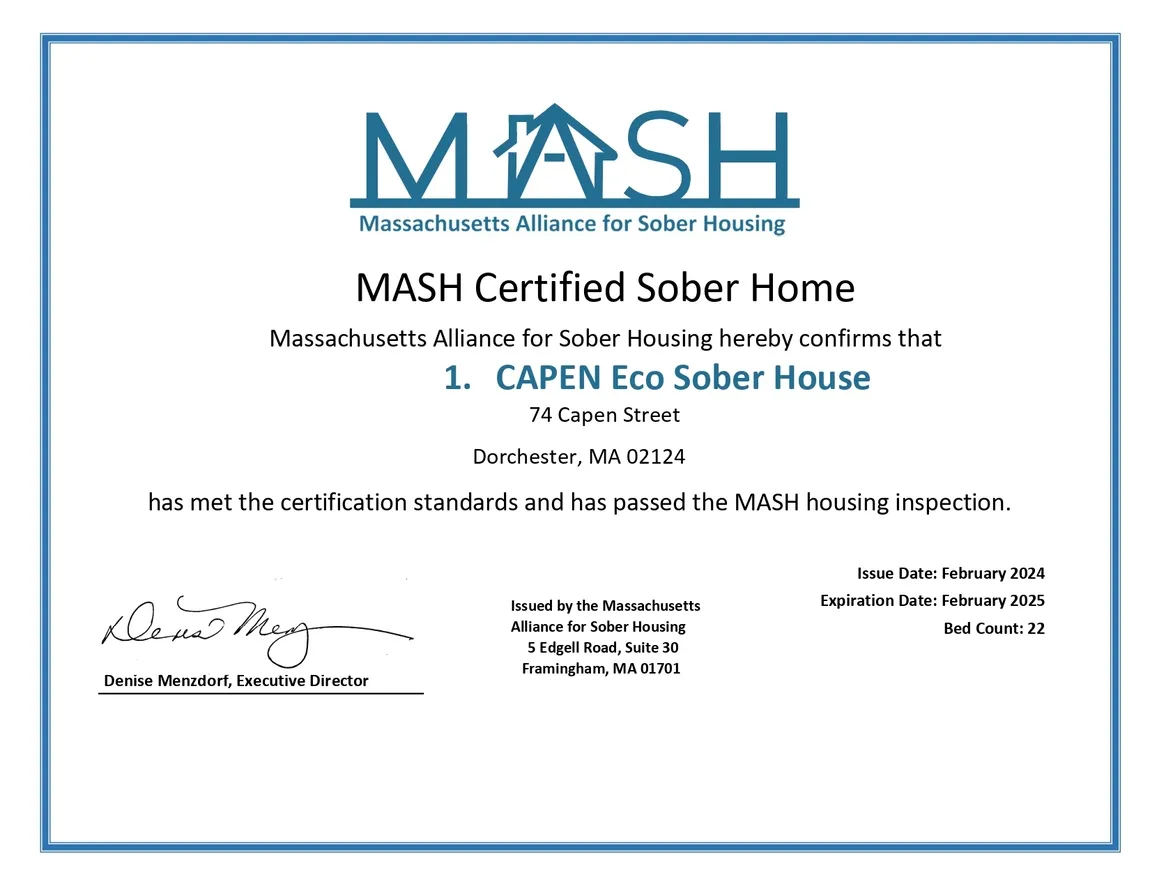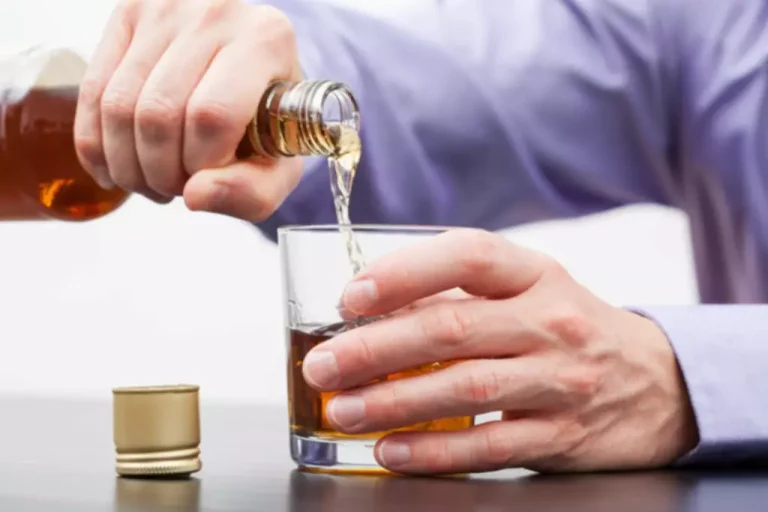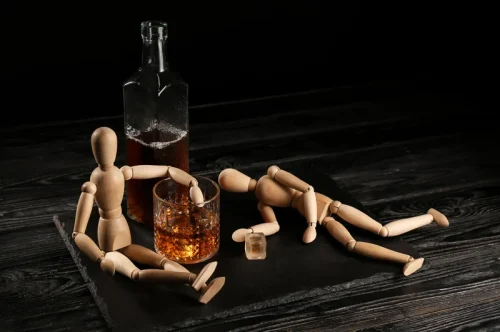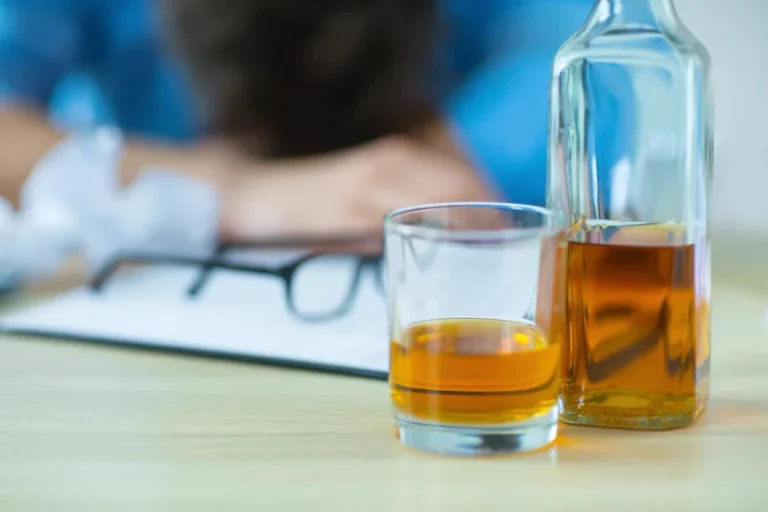
Alcohol dependence and alcohol abuse were two designations previously recognized in the DSM-IV. Today, they have been combined and are known as alcohol use disorder. While no longer separate diagnoses, it can be helpful to understand the differences between the two. «Dependence» refers to being unable to stop drinking without experiencing withdrawal symptoms while «abuse» refers to continuing to consume alcohol despite adverse consequences.
Warning Signs of Developing Alcoholism
That works out to about five alcoholic drinks for men or four for women in less than 2 hours. A drink is 12 ounces of beer, 5 ounces of wine, or 1.5 ounces of liquor. You should also ask for help when you’ve required medical attention for alcohol intoxication after excessive drinking in the past. Not everyone with alcohol use disorder experiences it in the same way.
Binge Drinking Prevention
- Even when your loved one is committed to changing, it can take several rounds of treatment before they truly stop.
- When used by a physician to screen patients for possible AUDs, two positive responses to the four CAGE questions indicate that further assessment is needed.
- Most people who binge drink are not addicted to or dependent on alcohol.
- You may also benefit from joining a group such as Al-Anon, a free peer support group for families coping with alcoholism.
- Do you have to drink a lot more than you used to in order to get buzzed or to feel relaxed?
You can mention a particular problem that is arising from drinking, such as financial or relationship troubles. The person with the drinking problem is psychologically and physiologically addicted to alcohol and requires professional help. While fear and shame lead many to Am I an Alcoholic underreport alcohol use, providers can foster honesty by creating a safe space, asking specific questions, and focusing on health impacts. Honest disclosure is vital for optimal care, and even small reductions in alcohol intake can significantly improve health outcomes.

Self-Tests to Help Determine a Drinking Problem

Pemberton recommends undergoing the four-question CAGE assessment, a screening tool that may identify a substance abuse problem. CAGE — developed in 1968 by Dr. John Ewing, a psychiatry professor and addiction therapy clinician at the University of North Carolina at Chapel Hill — stands for Cut down, Annoyed, Guilty and Eye-opener. Admitting a loved one has a problem with alcohol can be painful for the whole family, not just the person drinking. There is help and support available for both you and your loved one. Telling yourself you can quit makes you feel in control, despite all evidence to the contrary and no matter the damage it’s causing. If you find yourself rationalizing your drinking habits, lying about them, or refusing to discuss the subject, take a moment to consider why you’re so defensive.
- Most American adults drink alcohol at least occasionally, but about 1 in 4 knock back several drinks in a short period of time at least once a year.
- The Awareness & Adaptation method is just one way to cut back on drinking.
- Alcohol use disorder affects millions of adults and youth in the United States each year.
- Contact emergency services immediately if you experience symptoms such as fever, involuntary muscle contractions, seizures, delusions, hallucinations, or rapid mood swings as you withdraw from alcohol.

Here’s some information to help you get ready for your appointment, and what to expect from your health care provider or mental health provider. Denial is one of the biggest obstacles to getting help for alcohol abuse and alcoholism. The desire to drink is so strong that the mind finds many ways to rationalize drinking, even when the consequences are obvious. By keeping you from looking honestly at your behavior and its negative effects, denial also exacerbates alcohol-related problems with work, finances, and relationships.
- Remember that even though alcohol use is normalized in our culture, no amount of alcohol is good for you.
- Motivational enhancement is conducted over a short period of time to build and strengthen motivation to change drinking behavior.
- When you drink heavily, your body gets used to the alcohol and experiences withdrawal symptoms if it’s taken away.
- Alcoholics go through physical withdrawal when they stop drinking, just like drug users experience when they quit.
- A doctor may also prescribe medications to help you manage withdrawal symptoms and support you in your effort to stop drinking.

Below are samples of e-health tools developed with NIAAA funding. Each of these fee-based tools has a research base that shows its potential to help people cut down or quit drinking. The good news is that no matter how severe the problem may seem, most people with AUD can benefit from some form of treatment. Many others substantially reduce their drinking and report fewer alcohol-related problems. Many people struggle with controlling their drinking at some point in their lives. Millions of adults in the United States have alcohol use disorder (AUD), and approximately 1 in 10 children live in a home with a parent who has AUD.

Signs You Have a Drinking Problem
While we work together to help you improve your drinking habits, we may discuss the benefits of sobriety and if that is the right choice for you. While these are some of the mainstream symptoms of alcohol addiction, https://ecosoberhouse.com/ they are not the only signs of an unhealthy relationship with alcohol. Below is a list of some of the providers who are typically involved in alcohol treatment and the type of care they may offer.
If you’re concerned that you or a loved one meet several of these criteria, it’s a good idea to talk to a hotline representative about your situation. An American Addiction Centers admissions navigator can help you evaluate your next steps. If you have any of these symptoms, your drinking may already be a cause for concern. Even if nothing bad has happened — yet — this is a warning sign. Remember that changing long-standing patterns is hard, takes time, and requires repeated efforts.
